Obama confident on Pak nuke safety
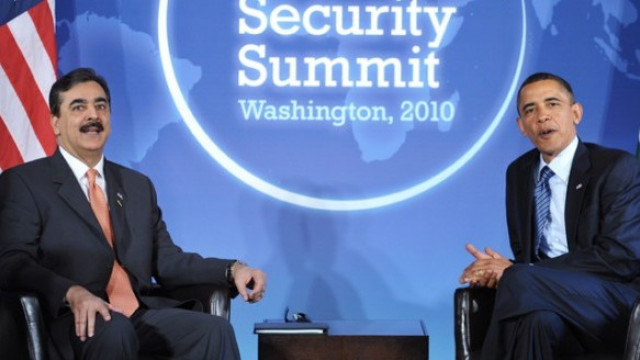
He said that he has seen progress over the last several years with respect to Pakistan's nuclear security issues. But Obama said that there is room for improvement of the security of nuclear assets by all nations.
Obama declared the world safer on Tuesday after a 47-nation summit agreed to a four-year deadline to lock down loose nuclear materials to prevent them from falling into militant hands.
"Because of the steps we've taken the American people will be safer and the world will be more secure," Obama said at the end of the summit in Washington.
The unprecedented gathering met a challenge laid down by Obama, who said the world was littered with poorly guarded fissile material and that a nuclear-armed militant group could threaten global "catastrophe."
"We welcome and join President Obama's call to secure all vulnerable nuclear material in four years, as we work together to enhance nuclear security," the leaders said in a joint communique.
Hosting the largest summit in the United States in over six decades, Obama also pressed China and other UN Security Council skeptics to back UN sanctions on Iran over its controversial nuclear program. "I am going to push as hard as I can to make sure that we get strong sanctions that have consequences for Iran," Obama said.
Amid mixed signals from Beijing, Chinese President Hu Jintao told the summit that Beijing "firmly" opposes atomic weapons proliferation, while backing civilian uses. Beijing kept the world guessing, though, as to whether it would fully endorse the US-led push for a fourth set of UN sanctions on Iran, although a Chinese official said later on Tuesday it was ready to discuss "new ideas."
In a boost to Obama however, several countries including Ukraine, Mexico and Canada declared their intention to give up highly-enriched uranium at the summit.
And Russia and the United States signed a protocol to get rid of 34 tons of plutonium each, equivalent to 17,000 weapons. Russian President Dmitry Medvedev hailed the summit as a "full success" as Moscow announced plans to shut down its last weapons-grade plutonium reactor. A Russian official, who spoke on condition of anonymity, provided no further details but confirmed to AFP that Medvedev had unveiled the plans at the summit in Washington. Obama welcomed the move, calling the closure of the Soviet-era site in Siberia an "important step" for bolstering nuclear security.
On what are commonly referred to as loose nukes, the US leader pressed his guests "not simply to talk, but to act," the US president said. "Nuclear materials that could be sold or stolen and fashioned into a nuclear weapon exist in dozens of nations." He said Al-Qaeda had tried to obtain a nuclear bomb, and that radioactive material as small as an apple was enough to kill thousands of people.
"It would be a catastrophe for the world -- causing extraordinary loss of life, and striking a major blow at global peace and stability." The summit leaders agreed in their communique to non-binding, only partly defined measures to combat nuclear trafficking, including sharing information and detection, forensics and law enforcement expertise.
The leaders said they "recognise the need for cooperation among states to effectively prevent and respond to incidents of illicit nuclear trafficking." But increased security must "not infringe upon the rights of states to develop and utilise nuclear energy for peaceful purposes and technology," summit participants said.
Experts said afterwards that Obama's goals while lofty were by no means assured. "I think it's ambitious, it's underfunded and it's going to take a lot effort by the United States and other countries to make it work," Ken Luango, president for Partnership for Global Security, told AFP.
Meanwhile, Obama appealed for 10 billion dollars in an initiative with Canada to improve nuclear security worldwide. The US leader also addressed fears about the nuclear arsenal in Pakistan, a major stronghold for Al-Qaeda and militant groups at war with US forces in Afghanistan, saying he felt "confident" about security levels.
"But that doesn't mean that there isn't improvement to make," Obama said.
A manual on securing stocks of separated plutonium and weapons grade uranium, as well as advice on how to dispose of the dangerous materials, was issued at the end of the summit. However, all the steps are voluntary and the plan for accomplishing the four-year plan remains sketchy.

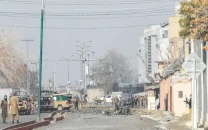

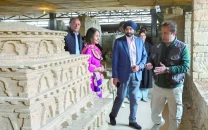
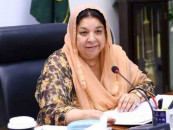
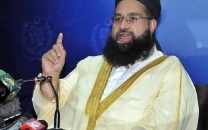
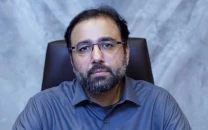












COMMENTS
Comments are moderated and generally will be posted if they are on-topic and not abusive.
For more information, please see our Comments FAQ